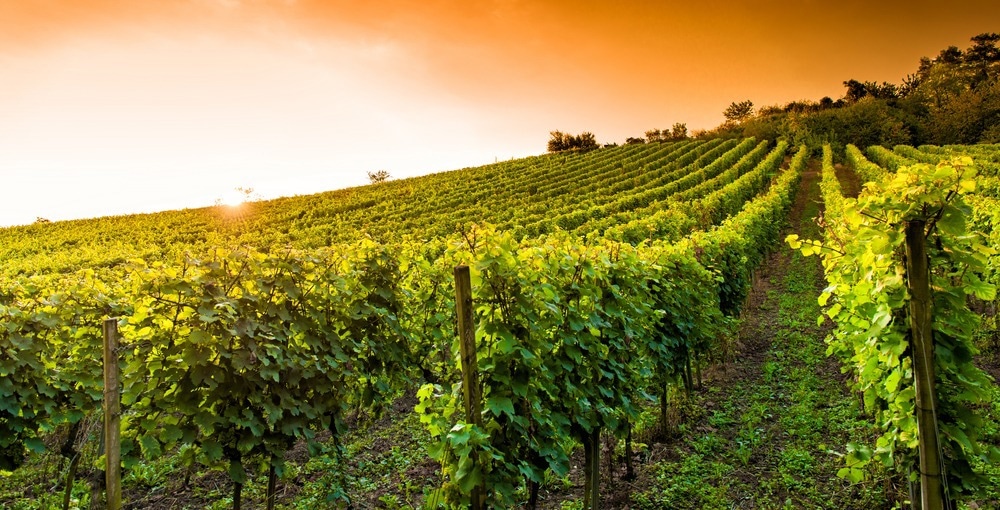Some of the world’s most renowned—and hard to sustain—vineyards are located in the hillsides of Italy, Portugal, and Spain, and are celebrated for their distinct flavor profiles and centuries of tradition.

Image Credit: Loocid/Shutterstock.com
However, as severe weather and evolving socioeconomic conditions make this so-called “heroic viticulture” even more difficult, researchers worry that these grapes and their cultural histories are in jeopardy. Researchers argue in a Backstory published on July 14th, 2023 in the journal iScience that farmers and researchers must collaborate to protect some of the world’s most celebrated wines.
“The risk is not only losing an agricultural product or seeing a landscape change, negatively impacting the local economy. The risk is losing entire communities' history and their cultural roots,” note the authors from the University of Padova.
Vineyards are regarded as “heroic viticulture” sites if they have a slope steeper than 30%, are situated on small islands or at an altitude greater than 500 m above sea level, or incorporate terraced vines. The term “heroic” refers to the inherent difficulty of cultivating and harvesting crops in these environments.
The Prosecco Hills of Conegliano and Valdobbiadene, as well as the traditional vineyards of Pantelleria Island, are two of the most famous, centuries-old examples of heroic viticulture.
“The great effort required to manage these areas reinforces the specific human-environment connection. This is why they are recognized as cultural uniquenesses of primary historical and social importance, where traditional knowledge is still the determining element,” the authors add.
The researchers identified soil degradation and drought as the two most serious climate change-related threats to heroic viticulture in the Backstory. They also claim that the vineyards face several significant socioeconomic challenges.
“The last half past century has been characterized by rural exodus and a gradual abandonment of mountain landscapes. The new generation is unwilling to continue working under extreme conditions if economic benefits are insignificant,” the authors noted.
The authors propose numerous possible solutions to safeguard heroic viticulture sites, ranging from strategic communications crafted to unite scientists, farmers, and consumers to onsite solutions such as small water storage systems incorporated into vineyard landscapes that avert runoff and retain water for future use.
They also emphasize the significance of education, including “educating the new generation about the benefits of rural reality, the need to preserve cultural heritage, live in equilibrium with the environment, and to have a sustainable approach to agriculture.”
“The key to success lies in combining the traditional knowledge of winemakers with innovation and scientific rigor. In this way, farms can work closely with scientists to optimize investments for a more functional, sustainable, and safe agricultural landscape—a winning alliance to face these diverse natural and anthropogenic challenges,” the authors conclude.
Journal Reference:
Tarolli, P., et al. (2023). Heroic viticulture: Environmental and socioeconomic challenges of unique heritage landscapes. iScience. doi.org/10.1016/j.isci.2023.107125.